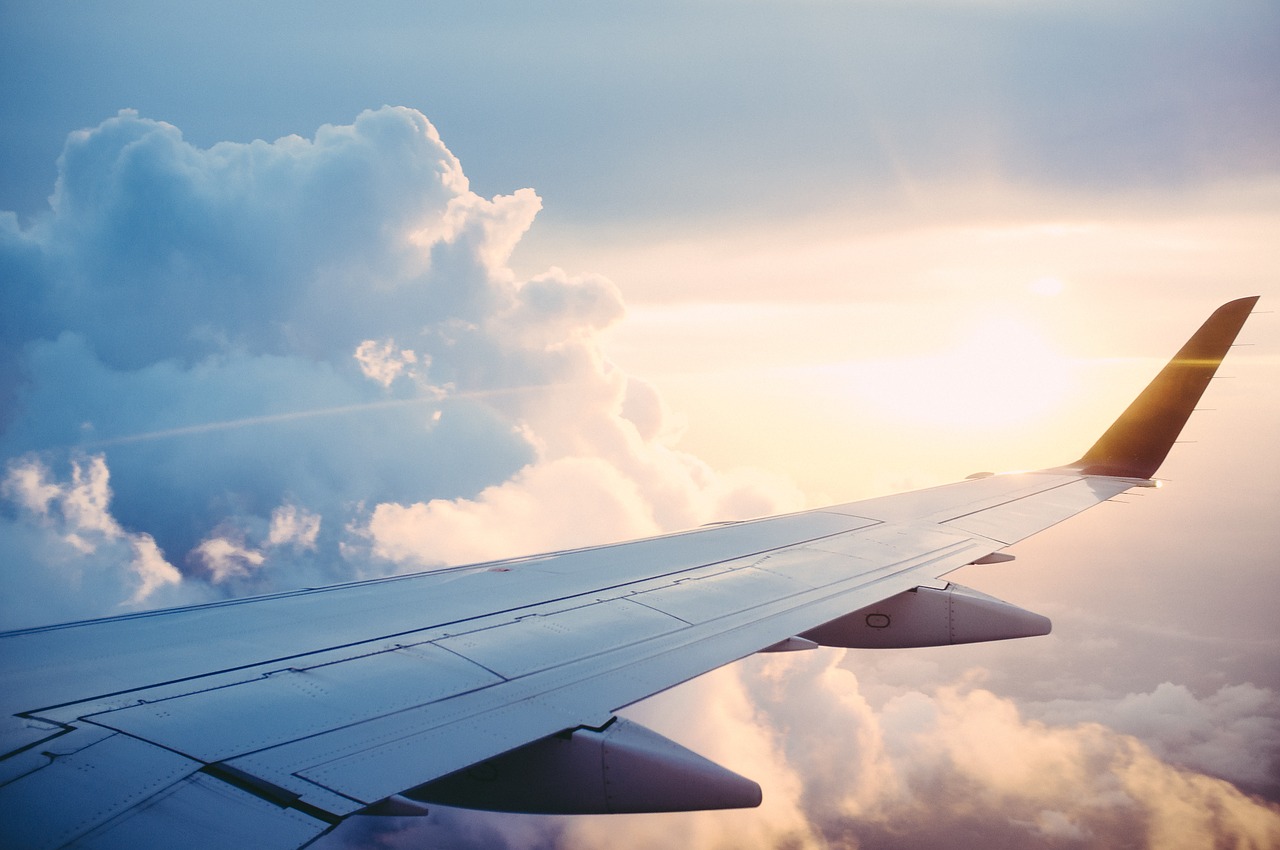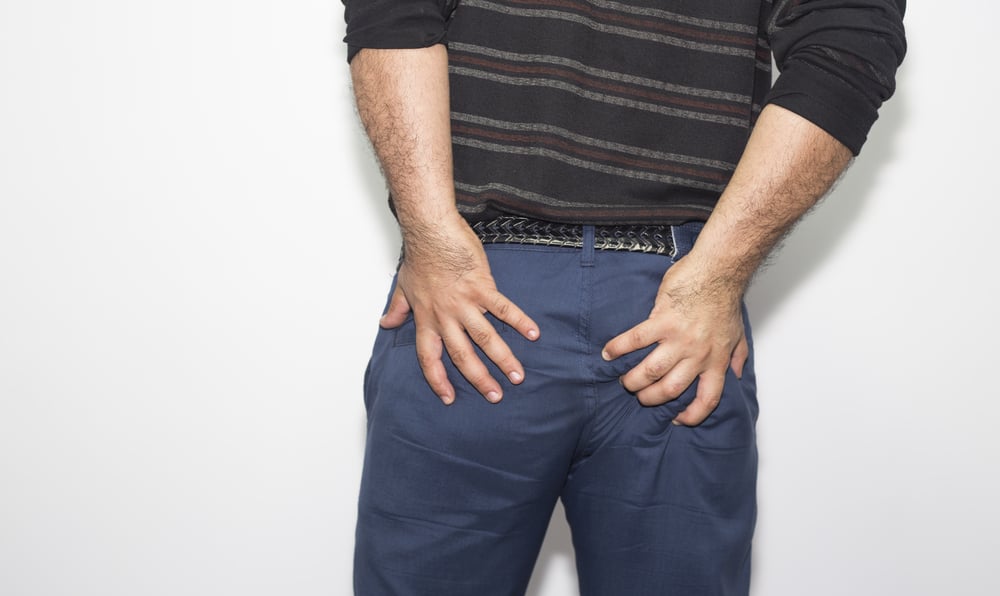Contents:
- Medical Video: Ears 101 : How to Open Plugged Ears
- Why do the ears hurt when boarding a plane?
- Is this a danger?
- Tips to reduce ear pain during flight
Medical Video: Ears 101 : How to Open Plugged Ears
Ringing and feeling ears may be a complaint to your subscription when you have to travel out of town or abroad through air travel. What, what causes ear pain when boarding a plane?
Why do the ears hurt when boarding a plane?
The cause is none other than not air pressure. When you are on land, the air pressure inside the inner ear and outside air pressure are almost the same. The ear organ called the Eustachian tube will regulate the air pressure in the inner ear and pressure from the outside as much as possible so that it will not cause problems.
New problems will arise when changes in pressure are very fast, such as during air travel. The higher your position in the air, the lower the air pressure will be. Drastic changes in height and air pressure in a short time make your ears not have time to adapt to equalize.
When your plane takes off and starts to swoop up, the air pressure inside the inner ear quickly exceeds outside pressure. The tympanic membrane or eardrum will then swell. Conversely when the plane will land, the air pressure in the inner ear decreases very quickly compared to the outside air pressure. This change in air pressure makes the eardrum shrink and the Eustachian tube becomes flat.
It is this stretch of the shape of the eardrum that is affected by air pressure that causes the ear to hurt when boarding an airplane, or gets off the plane. During the flight, the eardrum cannot vibrate so that your hearing feels full like a clogged and sound muffled. This condition can get worse if you are sick with a cold or runny nose when boarding a plane, because the nasal mucus blockage will close the Eustachian tube and interfere with its work.
Ear pain problems when boarding a plane does not only occur in adults. In fact, babies and young children are the most vulnerable to complain about this because their Eustachian tubes are shorter than adults, and are also not well developed to balance air pressure.
Is this a danger?
Most cases of earache while boarding a flight are not dangerous - just make your trip a little uncomfortable. Once you land and arrive at the land of your destination, the condition of the ear will slowly return to normal.
Even so, in rare cases, very high and drastic changes in pressure can cause severe ear pain and hearing loss because the eardrum ruptures. If you experience this, immediately check with your nearest ENT doctor or specialist.
To avoid the risk of hearing damage, you need to take precautions, before, during, and after your flight.
Tips to reduce ear pain during flight
If your ears are already clogged and feel stretchy, try doing a number of tricks below so that your air travel feels more comfortable:
- Chew gum, chips, or hard candy. The movement of chewing and swallowing will help the ear regulate the balance of air pressure.
- Cover your mouth and pinch your nostrils with your index finger and thumb. Then, gently exhale air through your nose. This trick helps open the blocked Eustachian tube, so that the air pressure in the ear stabilizes again. Do it repeatedly until you feel better. However, do not do this if you have a cold or flu, because it will only push the germs into the inner ear.
- If the above method doesn't work, try closing your mouth and pinching your nose then swallowing the saliva several times until the ear feels better.
- Spray a decongestant spray into the nose about 30 minutes before the flight takes off, or take decongestant medication 1 hour before flight. Do not use this method if you have heart disease or hypertension.
If you are experiencing an upper respiratory infection (ARI), you should not first travel the air until it is completely cured. This aims to reduce the risk of ear inflammation. The risk will increase if your nose is blocked due to a cold or flu while boarding a plane.













